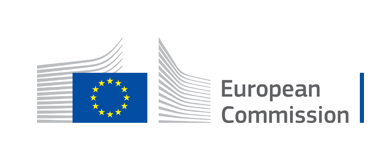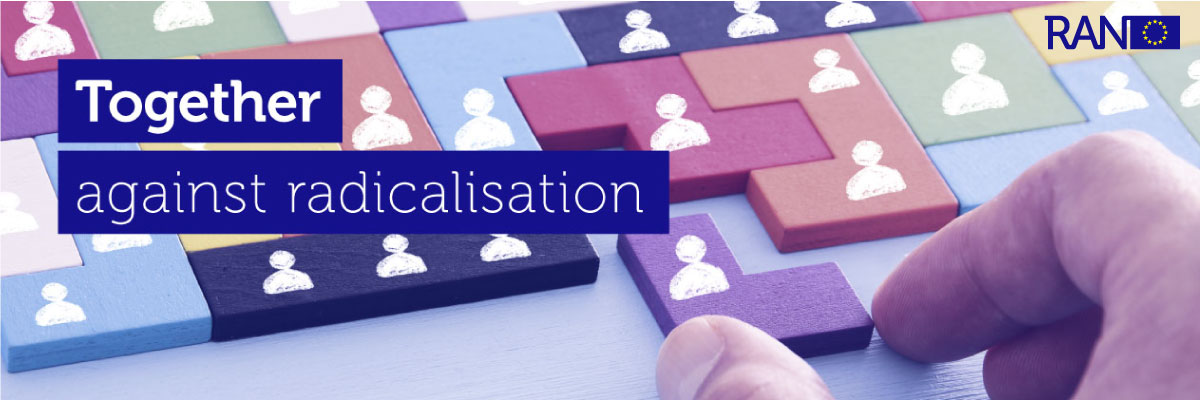RAN POL Exploring the role of police in dealing with released terrorist- or extremist offenders (Marseille, 8-9 May)
Hundreds of convicted terrorist or extremist offenders will be released from prisons across Europe in the next few years. In addition, many other prisoners have been radicalised. With these developments in mind, presentations from Denmark, Lower-Saxony (Germany), Bavaria (Germany), Belgium, the Netherlands and France illustrated the different roles and responsibilities for police before and after release of a terrorist or extremist offender. These ranged from having no direct contact with the subject to holding a potluck dinner with the prisoner’s family at police headquarters. Even though there is no one-size-fits-all formula for the police, there is a need for coordination between all stakeholders. This requires increased awareness – about the number of prisoners expected to be released – and understanding that this problem affects all of Europe. Check out the RAN POL paper for more info
Multi-agency meeting RAN Exit-P&P ‘Meeting adjacent fields: rehabilitation, resocialisation and exit activities’ (Prague, 5-6 June)
Cooperation between the two fields is important. Exit workers and probation officers, as well as other relevant professionals, discussed the challenges and possibilities of working together. Agreeing on common guiding principles (building a trusting relationship with the client and working to forge a mutually beneficial perspective), participants highlighted the importance of maintaining transparency about competencies and obligations as regards sharing information disclosed by the client. For instance, probation officers operate within the legal framework of probation conditions imposed on the client by a court. Exit workers, on the other hand, usually work based on the voluntary participation of the client. Despite the differences, participants identified ways to bring exit work in line with probation conditions.
Multi-agency meeting RAN YF&C – P&P Extremists being released from prison - community and family acceptance (Prague, 6-7 June)
A mixed group of practitioners – from prison and probation services to family social service agencies - discussed how to prepare communities and families for the return of extremist terrorist offenders to society. Participants agreed it is more challenging to rehabilitate radicalised and terrorist offenders than ‘normal’ convicts. They also confirmed the importance of truly engaging with terrorist offenders and gaining knowledge about the ‘social map’ of city in order to include this in a successful and sustainable rehabilitation approach. Outcomes will feed into the ex post paper and RAN’s upcoming Manual on the rehabilitation and reintegration of radicalised and terrorist offenders.
Steering Committee (Brussels, 11 June)
At the 11 June Steering Committee (SC) meeting, the Commission informed the Working Group leaders about the project-based collaboration of national authorities facing similar challenges in preventing and countering radicalisation. Seven projects have been launched: on prison leavers, research, the local level, mental health, imam training, evaluation of exit work and far-right extremism. As such, the RAN Working Groups concerned have aligned their activities with these projects, facilitating exchange between practitioner and policy insights. Also, national authorities in nearly all EU Member States have assigned points of contact to suggest speakers at RAN events and help disseminate RAN outcomes in their countries.
The SC also discussed the rehabilitation of radicalised and terrorist offenders, one of the 2019 roadmaps that will result in the Rehabilitation Manual. A draft will be discussed at the 19 September Policy and Practice event during which the first outcomes of the national authorities’ project will be presented.
The SC also reviewed the delivery of the Victim Remembrance Day in March, as well as the first Policy and Practice event of the year, which was held in April on the topic of mental health. The Research Seminar and the scope for an interactive High-Level Conference this autumn were also discussed.
RAN EDU Schools and challenging far-right extremism (Berlin, 13-14 June)
Teachers should be aware how ideas of far-right extremism can be disseminated among students. They should also be prepared to prevent this by promoting an inclusive and open school climate. One point raised by participants is the importance of avoiding ‘us’ and ‘them’ mentality when discussing far-right extremism with their students so that schools remain non-judgemental environments. Another important point is for schools to implement long-term programmes (instead of short-term fixes) aimed at preventing radicalisation.
RAN RVT meeting - How can victims contribute to social cohesion after a period of violence? (Bilbao, 20 & 21 June 2019)
At one time or another, all countries have faced periods of intensified violence. These may lead to a polarised society that fails to properly deal with the past and shuts out the victims. Participants stressed the need for victims to contribute to social cohesion by sharing their testimonials at schools, prisons and other at-risk arenas. There are also numerous inspiring practices that work through sports, arts, restorative justice and social media as well as video games. The role of governmental institutions is also key. The ex post paper will delve into all these elements and provide practical guidelines.
Research seminar (Vienna, 26-27 June)
Building on last year’s experiences, the two-day RAN Research Seminar gathered practitioners, researchers and policymakers. On the first day, participants focussed on how extremist ideologies are evolving. They also discussed the role of gender in Islamist extremism and far-right extremism. On the second day, various aspects of rehabilitation were tabled. Break-out sessions focused on imprisonment, release and reintegration. Specifically, they reviewed risk assessment, evaluation of rehabilitation programmes and prerequisites for successful reintegration. The research seminar concluded with panel presentations underlining the importance of sharing knowledge and building trust among practitioners, policymakers and researchers to improve P/CVE interventions.
The lessons learned during RAN working group meetings are shared in ex-post papers. Papers are published on the RAN website, usually about a month after the meeting.
|





